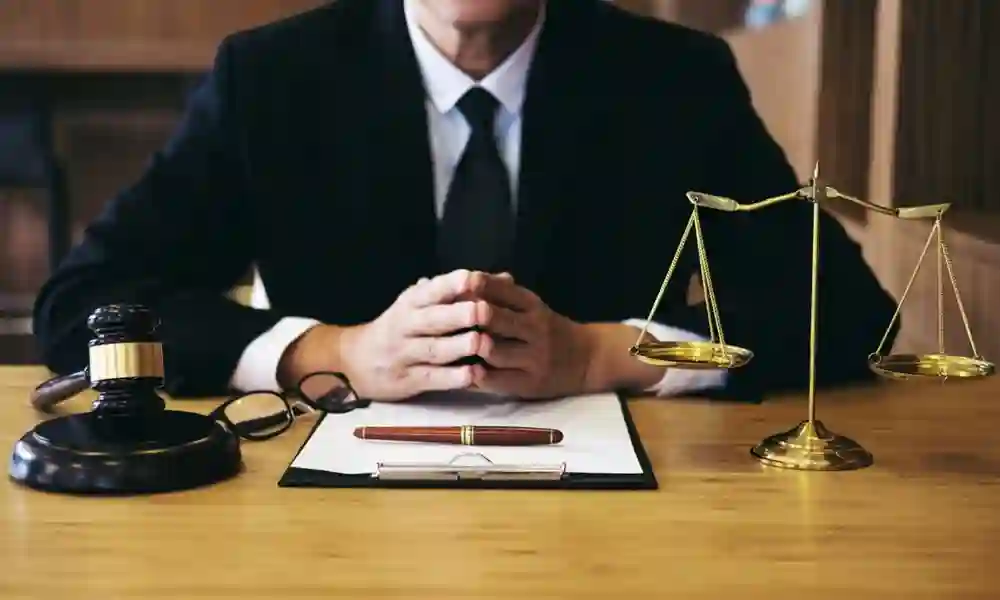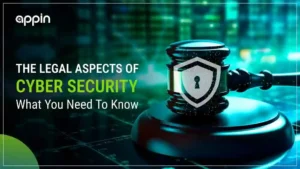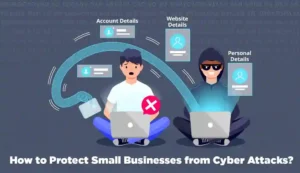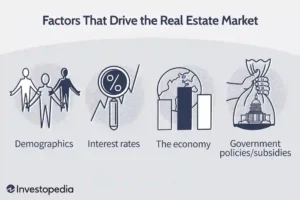Understanding Legal Protection and Security in Today’s World

Let’s be real for a sec: legal protection isn’t something most of us think about until it’s too late. The “what-ifs” of life rarely make it to our to-do lists—until we’re staring down the barrel of a bad deal, an angry email from HR, or, I don’t know, an accidental data breach that sends your whole digital life into the abyss. Yeah, fun stuff. But these days, the need for solid legal protection is unavoidable, no matter who you are or where you live.
We’re living in a world where things are changing faster than I can update my apps. So much of what we do now—shopping, banking, even existing—is tied to online systems and complicated rules. And guess what? These changes are making the law a lot more complicated, too. So, what does legal protection actually look like in today’s world? Let’s break it down.
Legal Protection: Not Just for Lawyers
I’m gonna be blunt: Legal protection isn’t just for people in suits. It’s for all of us. Legal protection is like that rainy-day fund we always say we’re gonna start—but only when we realize our umbrella is ripped, and we’re drenched in some major risk. From consumer protection to data privacy, we all need some kind of legal backup, even if you’re just a regular person trying to get through the day without a lawsuit.
The other day, I learned the hard way about protecting my personal data. So, I’m scrolling through a random shopping site, and before I know it, I’ve clicked “accept” on terms and conditions. The next thing I know, I’m getting 10 different emails from places I didn’t even know existed. Fun. That’s when it hit me: legal protection isn’t just about contracts and courtrooms anymore. It’s about controlling who has access to your stuff. I mean, I wouldn’t give my house key to some random person—why should I do that with my data?
Data Privacy: The Digital Wild West
Alright, let me get nerdy for a second. Data privacy is where things get seriously wild. I don’t know about you, but I’ve definitely spent more time worrying about my online footprint than I care to admit. And let me tell you: If you’re not paying attention to laws like the General Data Protection Regulation (GDPR) or the California Consumer Privacy Act (CCPA), you might as well be leaving your front door wide open.
Take Facebook for example. They’ve probably been in the news more than they should be, but the main takeaway? Don’t let your data float around like it’s some kind of free-for-all. Those agreements we scroll past like a bad dating profile? Yeah, they matter. Seriously. After that whole fiasco with my email spam, I sat down and read the privacy policy for once. It was… eye-opening. Kinda like when you discover your childhood best friend wasn’t actually your best friend. But I digress.
Anyway, the laws that are now in place (thanks, Europe) basically say that you should know what’s happening with your data, and businesses need your consent to use it. I’m here for that. Without these protections, we’d be at the mercy of every company that decides to harvest our data like it’s free-range kale.
Intellectual Property: Protect What’s Yours
Next up, intellectual property. Oh, this one hits home for me. I’ve spent more time brainstorming slogans and logos than I care to admit, and you’d better believe I want to protect them. This isn’t just about protecting “big” businesses either. If you’re a creator—whether it’s writing a blog, drawing, or recording a podcast—IP laws are your best friend.
I remember the first time someone tried to steal my blog post idea. I had a mini meltdown. I was like, “Wait, that’s my joke!” (Not that it was a super original joke, but still, I was the first to say it, okay?) Thankfully, because of IP laws, I had some legal standing to stand my ground. And trust me, that’s a relief when you’re watching someone else take your hard work and claim it as their own.
Whether it’s copyrights, trademarks, or patents, these legal protections are a game-changer. Without them, someone could swipe your intellectual creations, profit from them, and leave you with nothing. And don’t even get me started on the business ideas I’ve had to lock down. Let’s just say I’ve watched enough shark tank to know how to trademark a catchy phrase now.
Labor Laws: Protecting Workers in a New World
So, let’s talk about labor laws, because work has definitely changed in the last decade. Remote work, the gig economy, and companies hiring people in a million different countries—it’s a whole new world. But with new opportunities come new risks. You know, like when you’re working 12-hour days and you’re not getting overtime pay (I see you, corporate America).
There was this one time I was about to sign a contract with a company that promised me “flexible work hours.” I didn’t even know what that meant—was that code for “we can call you at midnight” or “we can fire you at will”? Turns out it’s a little bit of both. Luckily, I had some legal know-how and backed out before things went south.
Labor laws are constantly shifting to keep up with these new trends, but one thing’s for sure: workers need protection against exploitation. Whether it’s wage theft, unfair dismissal, or discrimination, legal protections are there to make sure people aren’t getting the short end of the stick. Fast forward to my buddy Mike—he was misclassified as a contractor and nearly lost everything. His story? A good reminder that knowing your rights can save you from a whole lot of heartache.
Consumer Protection: Keeping Businesses Honest
I don’t know about you, but I’ve had my fair share of “I can’t believe they sold me this garbage” moments. Remember when I bought that knockoff blender that barely lasted one smoothie? Yeah, I learned the importance of consumer protection the hard way. Turns out, there are laws designed to protect consumers from just such disasters.
Consumer laws protect you from shady businesses selling defective products or using false advertising. I mean, I’m all for a good deal, but if I’m buying a phone and the ad says “perfect condition” and it shows up with a cracked screen? Nope. These laws are meant to keep things fair—because let’s face it, companies would totally rip us off if they could.
The Road Ahead: A Legal Landscape in Flux
The future of legal protection? Buckle up, folks. With new tech like AI, blockchain, and virtual reality, legal issues are only going to get weirder. Imagine a world where robots have copyrights. Or when digital real estate needs its own legal system. I don’t know about you, but I’m getting flashbacks to the times I watched too much sci-fi and thought this future was far, far away.
Legal systems are scrambling to keep up, and while they’re making progress, it’s clear that we need something global. Something that protects people everywhere, not just in one corner of the world. But until then? Stay vigilant. Know your rights. And maybe, just maybe, read the privacy policies before you click “accept.” Believe me, it’s worth it.
In the end, legal protection isn’t just a luxury—it’s a necessity. Whether you’re online, offline, or somewhere in-between, having the right legal safeguards can be the difference between getting burned and staying safe. So, protect what’s yours and stay informed. Or, well, maybe I’ll learn the hard way and let you know how it goes.






